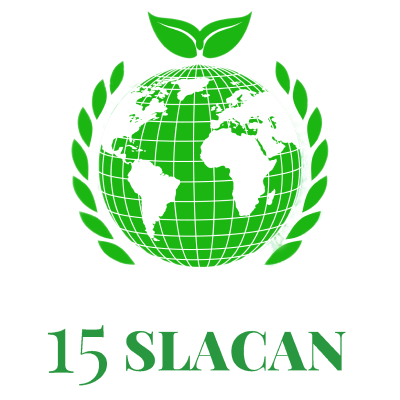Anais do 15° SLACAN - Simpósio Latino Americano de Ciência de Alimentos e Nutrição
DIFFERENT OHMIC HEATING PARAMETERS IN ALMOND BEVERAGE: A COMPARATIVE ANALYSIS
Como citar esse trabalho?
Para citar este trabalho use um dos padrões abaixo:
Como citar esse trabalho?
Ohmic heating, an emerging technology used for thermal treatments in food matrix, adds the electrical effect for greater inactivation on spoilage or pathogenic microorganisms than conventional heating, with lower unwanted sensory alterations for the shorter heating ramp time (HRT). Plant-based drinks are mainly susceptible to spores’ contamination, which have more difficult inactivation protocols. This study aimed to determine the best parameters for spores’ inactivation in almond drinks by ohmic heating. The methodology of Pires et al. (2020) has adapted to use the same ohmic heating equipment. 200 mL beverage samples at 27 ºC were subjected to ohmic heating parameters (60 Hz; 10, 15 and 20 V/cm) until they reached 60, 80 and 100 °C. We analyzed each treatment’s conductivity, HRT, and energy consumption with ANOVA and Tukey test. There was no significant difference in the conductivity (2.84±0.02 mS/cm), reaffirming the ohmic effect and indicating no degradation in the drink. There is higher energy consumption to reach 100 °C than 80 °C than 60 °C (respectively, 70361.7, 58381.7 and 40386.7 J at 20 V/cm; 71759.0, 54752.2 and 35777.6 J at 15 V/cm; 75508.0, 52685.0 and 33735.0 J at 10 V/cm; p <0.05), regardless of EFS, but energy consumption (until same temperature) has no wide variation depending on EFS. HRT is significantly lower the higher the EFS (respectively, at 10, 15 and 20 V/cm, 427.0, 214.7 and 123.3 s until 60 ºC; 594.7, 289.7 and 164.7 s until 80 ºC; 676.0, 353.0 and 191.7 s until 100 ºC), but especially at 20 V/cm, there is no significant difference between HRT, which indicates that the heating inertia causes a faster HRT after 60 ºC until it reaches 80 ºC and 100 ºC. We concluded that for spores’ inactivation, economically thinking, the parameters will be 80 ºC and 100 ºC isotherms at 20 V/cm.
- 1 Faculdade de Engenharia de Alimentos / Universidade Estadual de Campinas
- 2 Instituto Federal de Educação, Ciência e Tecnologia do Rio de Janeiro
- 3 Universidade Estadual de Campinas / Faculdade de Engenharia de Alimentos
- Engenharia de Processos e Tecnologias Emergentes (ET)
Discussões Científicas de Qualidade
Com ~200 mil publicações revisadas por pesquisadores do mundo todo, o Galoá impulsiona cientistas na descoberta de pesquisas de ponta por meio de nossa plataforma indexada.
Confira nossos produtos e como podemos ajudá-lo a dar mais alcance para sua pesquisa:
Como citar esse proceedings?
Esse proceedings é identificado por um DOI , para usar em citações ou referências bibliográficas. Atenção: este não é um DOI para o jornal e, como tal, não pode ser usado em Lattes para identificar um trabalho específico.
Verifique o link "Como citar" na página do trabalho, para ver como citar corretamente o artigo

